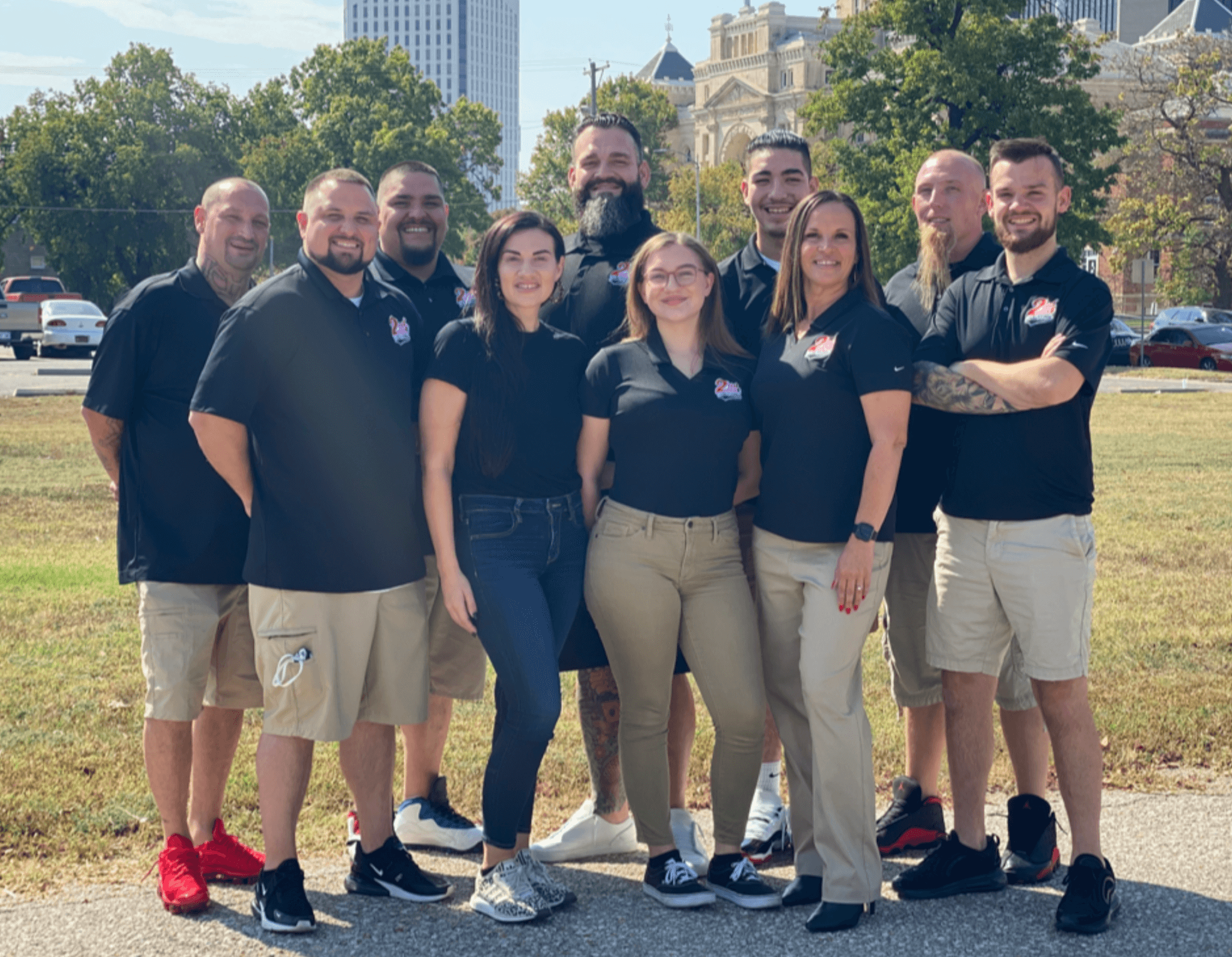It is possible to be bailed without being charged with a crime. However, the specific procedures and requirements for doing so can vary depending on the jurisdiction and the case circumstances.
Generally, bail is a form of security or collateral paid to the court or a bail bondsman to ensure the accused will appear as required. Bail can be requested by the accused person or by a third party, such as a family member or friend.
If the accused person has not yet been charged with a crime, requesting bail as a pretrial release option may be possible. This can be done through a pretrial services agency or a bail hearing before a judge. The judge will consider factors such as the accused person’s ties to the community, their criminal history, and the nature of the alleged offense in determining whether to grant bail.
It’s important to note that the specific procedures and requirements for requesting bail without being charged with a crime can vary widely depending on the jurisdiction and the case circumstances. Additionally, there may be limits or restrictions on the types of offenses for which bail can be granted without a formal charge. It’s recommended to consult with a qualified attorney to understand the specific rights and procedures that apply in your jurisdiction and the circumstances of your case.





